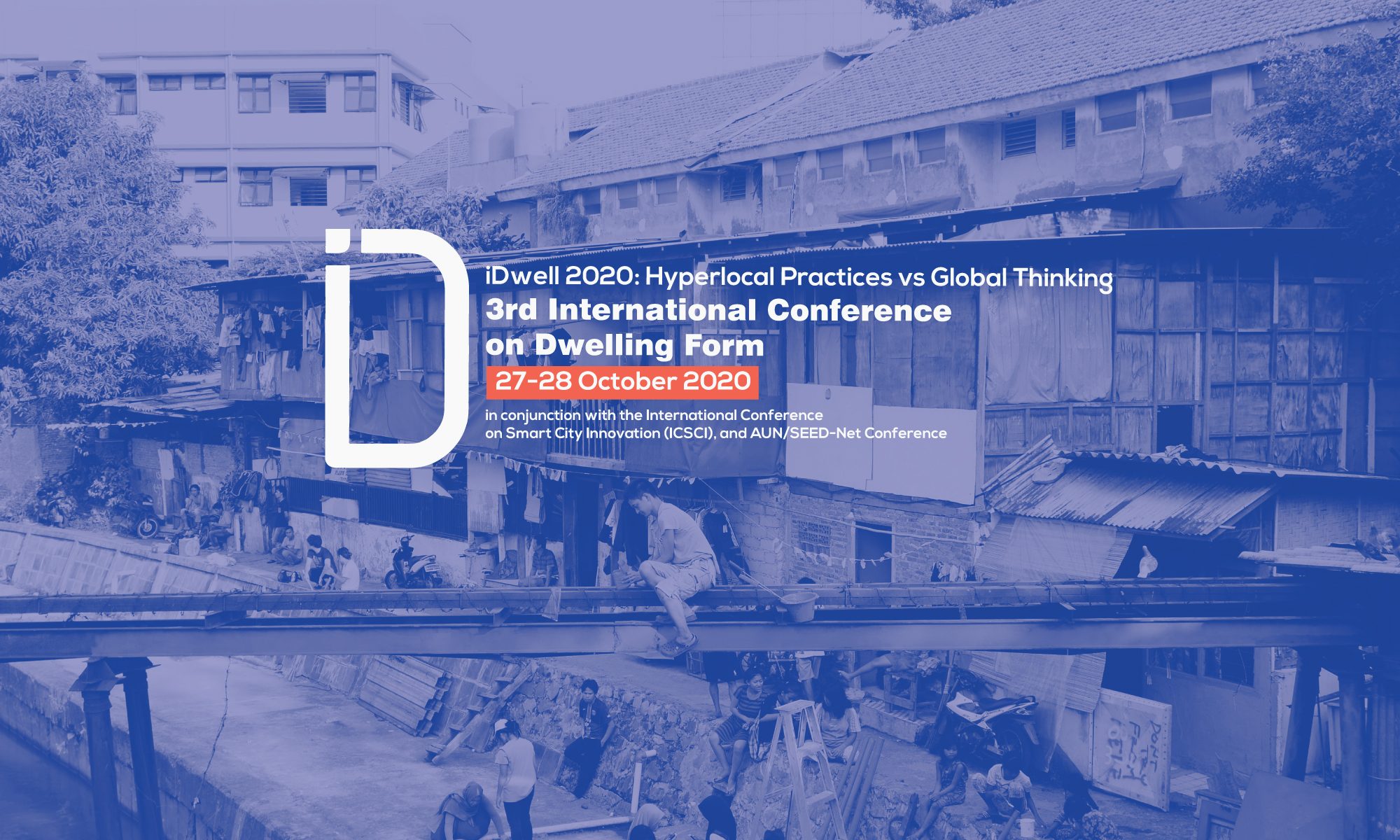Design activism employs the process of design as a tool to drive change and transformations, be it social, political, or cultural (Fuad-Luke, 2009). It can also be the means to obtain a more sustainable development by incorporating and empowering things or stakeholders that are previously excluded within the dialogue (Thorpe, 2012). This theme is interested to discuss how design activism is influenced by different narratives and contribute to various design approaches and frameworks in design practices. Related subthemes are as follows:
-
-
- Compact design (incl. mixed-use)
- Inclusive and universal design (incl. difable, aging and gender)
- Human Comfort and Behavior
- Community engagement
-
Panel Chair: Kristanti Dewi Paramita
Privatization and the erosion of public places has led the cities and its inhabitants to restrain what kinds of interactions and behaviors can afford, resulting in depoliticized, commodified, and passive public spaces. On the other hand, in the cities around the world, the small yet persistent challenges against the increasingly those regulated, privatized, and diminishing forms of public space have been represented.
This panel is looking for issues on how the claiming and reclaiming place potent to become the platform for inclusive and transformative dialogue. Related sub-themes are as follows:
-
-
- Squatters / Slums and Cities
- Sustainability and Social Responsibility
- Community and land use planning
- Neighborhoods and public space
-
Panel Chair: Evawani Ellisa
In today’s 21st century globalization, modern architectural design of dwelling, offices and places of consumption compete in creating the most unique and most groundbreaking designs. Buildings are no longer evaluated by its function. On the other hand, the lure of global travel has created dwellings with characteristic touch of cosmopolitan, “foreign” identities in the local. How do contemporary architectures embrace, experiment with, or embody localities and identities in response to the changing global environment? This panel section invites and welcomes papers which deal with locality and identity in these various contexts and conceptual frameworks. Related sub-themes are as follows:
-
-
- Cities in Transformation
- Design paradigms
- Arts, Culture and Placemaking
- Race, Gender, Ethnicity and Urban Issues
-
Panel Chair: Melani Budianta
To some disciplines, research is a formally procedural attempt at systemic inquiry, which requires a careful planning phase. Consequently, designing a research is a largely methodical sub-discipline in many fields of work. On the other hand, architects and urban designers alike conduct extensive research prior to/along with their design process.
This panel invites discussions on the different strategies employed by scholars in the field of architecture, urban planning, geography, demography and other disciplines contributing to the development and maintenance of urban built environment. Related sub-themes are as follows:
-
-
- Rethinking Planning and Urban Design
- Principles of Sustainable Development
- Planning Visions: Past and Present
- Civic Participation and Governance
-
Panel Chair: Ahmad Gamal
